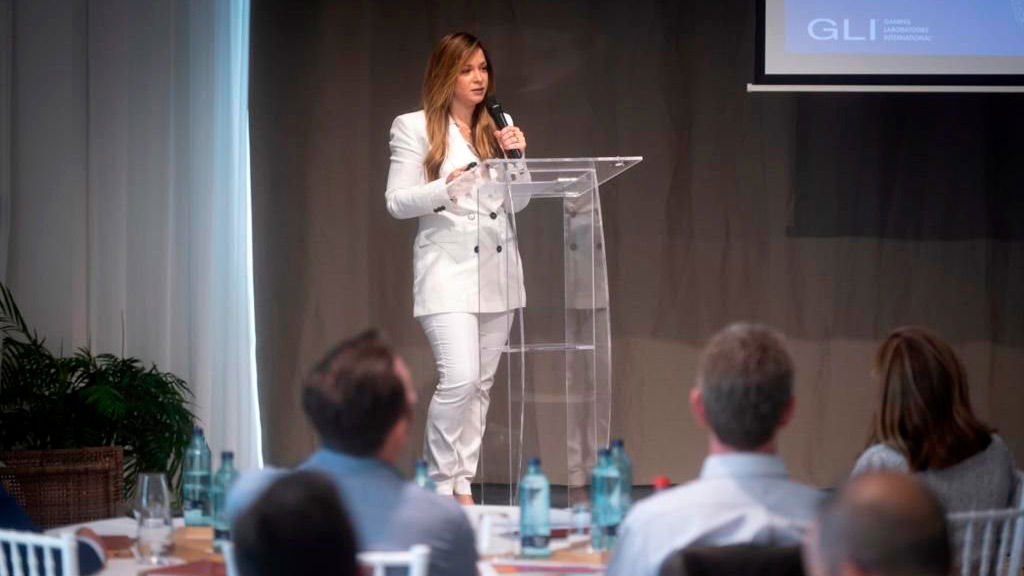As it happens every year, Yogonet called on the industry’s main players to share their assessments and opinions on the last 12 months and to analyze the projections of the gaming industry for the coming year. Karen Sierra-Hughes, Vice-President for Latin America, Caribbean, and Spain of GLI, contributed her vision on the outstanding progress of the regulatory processes in the region while analyzing the challenges that these will represent for operators and suppliers in 2025.
What is your assessment of 2024 for GLI, especially in Latam?
To put it simply, a roller coaster of emotions. In all LatAm regions, there have been important regulatory developments that imply not only the legalization of new gaming verticals but also the opening of new jurisdictions and legislative advances that promise to make 2025 even more exciting than 2024 has been.
From Peru, with the successful regulation that resulted in the formalization of a thriving industry in the country, and Brazil becoming the largest online gaming and sports betting jurisdiction in LatAm, to other jurisdictions that, although to different degrees, have also experienced regulatory and legislative changes such as the Dominican Republic, Mexico, Colombia, Paraguay and provinces of Argentina, to mention a few.

At the same time, there have been some legislative changes that greatly impact our industry, as well as the expectations for the sustainable growth of the industry, for example in Peru with the new tax enacted in December, and in Chile, with a bill that would establish the basis for the regulated industry of sports betting and online gaming, which unfortunately is now pending approval in 2025.
As is our mission and vision, we are pending and involved in all regulatory processes supporting from our perspective, to transmit our testimony that regulated and controlled gaming is possible and that the technical tools to guarantee the transparency, integrity, and auditability of the game exist, to achieve the ideal balance between the objectives of the gaming policy and the sustainable growth of the industry.
From the integrity of the game, auditability of processes and revenues, consumer protection, money laundering prevention, sport integrity and match-fixing prevention, player fraud prevention, tools and models based on artificial intelligence, and machine learning. All this and many other issues are part of the work we do together with regulators and the industry.

What challenges do you identify for the gaming industry towards 2025?
Greater proactivity in responsible gaming issues, to avoid radical regulatory measures. Greater inter-institutional and inter-jurisdictional collaboration at the government level, to combat cross-border issues in order to protect our industry and the population more effectively, on matters such as illegal gambling, the prevention of player fraud, and match-fixing.
Greater software development that offers better tools to our operators for all of this, including responsible gaming. Greater diversity and variety of these tools to make them more affordable for all sizes and types of operators, adapting also to local cultural and economic needs.
What are your expectations as a company with a strong presence in the region for 2025?
We hope we can continue to see positive developments in the region and be an integral part of them. To see our operators and suppliers in the region continue to grow and achieve their expansion goals. We hope that they continue to allow us to be part of their journey, as they have done since GLI started in this region almost 25 years ago, and finally, that Latin American regulations also become global reference models.
Original article: https://www.yogonet.com/international/news/2024/12/23/89527-karen-sierrahughes-342024-was-a-roller-coaster-of-emotions-for-regulatory-development-in-latam-34














